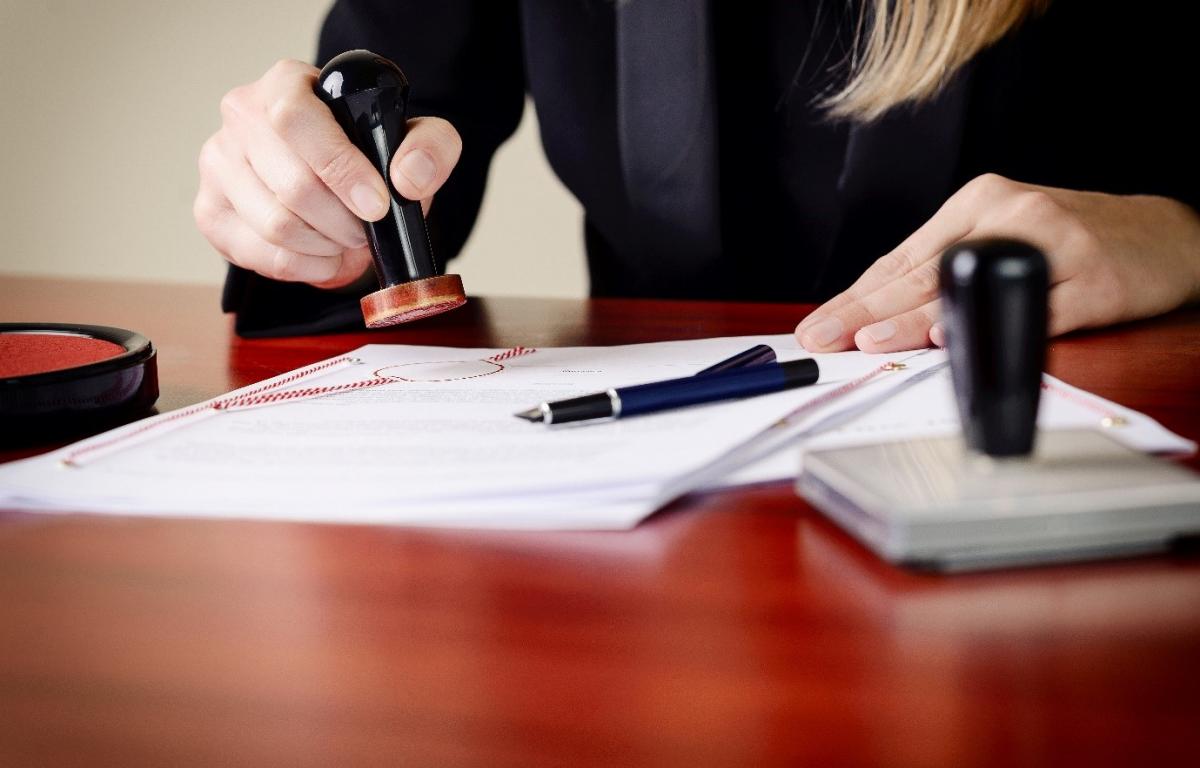What are official translations?

You may have needed a translation of official documents, for submitting them in other countries.
If so, have you ever wondered who is authorised to certify these documents? Can any professional translator do this job?
In this article we will discuss everything you need to know before requesting a quote for your translation.
Índice de contenidos
Index of contents
Index du contenu
Inhaltsverzeichnis
Indice dei contenuti
1. What is an official document?

This is any kind of document, received by public authorities with judicial and administrative purpose.
Therefore, any document issued by a public body will be considered an official document. Those require a certified translation in order to be valid before public bodies in foreign countries.
2. What exactly is an official translation?

One type of official translation is the certified translation. The translator has to attest that it is a true, accurate and complete translation of the original document. The original document or certificate must be legalised by apostilles, seals and stamps prior to translation.
The translation must always be signed and stamped by the professional translator and a certificate of accuracy should be included. In this way, the translated document will be certified and valid in other countries. (Note that the requirements for the target country will vary, depending on the respective territory).
3. Who can provide official translations?

As mentioned above, the main characteristic of translation is that it is legally valid. This type of translation is carried out by a qualified translator. In the UK the translator should be recognised by an official translation association such as the Institute of Translation and Interpreting (ITI) or the Chartered Institute of Linguists (CIOL).
While in the UK there is no such thing as a “sworn translator”, in civil law countries (Spain, France or Germany) they are appointed by government authorities.
In the UK, the professional translator must follow the governmental translation requirements for the certification of documents. For example, it is required to certify that it is a “true and accurate translation of the original document”. Certified translations will be legally valid before Home Office and many other government agencies and public bodies in the UK.
4. What is the difference between sworn, certified, judicial and legal translations?

As mentioned before, in the UK the practice of sworn translation is not regulated by official bodies. Any qualified translator is able to certify the translation. For example in Spain, sworn translators are appointed by the Spanish Ministry of Foreign Affairs.
To become a sworn translator in Spain, you have to pass an official examination of the Spanish Ministry of Foreign Affairs.
Nevertheless, certified translations and sworn translations will be recognised by most public bodies. In the UK the translation has to follow the UK Government guidelines for document certification. In both countries, the UK and Spain the sworn or certified translation must be signed and stamped by the authorised translator.
Legal translation consists in translating any documet, which is related to the field of law. Judicial translations are translations of any document, which will be used for judicial proceedings. For guaranteed acceptance, all official documents must be apostilled and legalised by authorities of the country of origin.
To summarise, certified and sworn translations can be legally valid, depending on the document’s destination country and its requirements. Legal translations can be realized by any translator specialised in that field, while judicial translations may require a sworn translator.
5. What types of documents require an official translation?

For a document to be valid, it must be written in the official language of the target country. Any document which is to be presented to foreign public administrations will need to be translated.
Normally, those documents are required by official authorities. However, they may also be demanded by private entities for certain procedures.
Here is a list of documents and certificates, which require a sworn or certified translation:
- Birth certificate
- Marriage certificate
- Police certificate
- Academic certificates (university degrees, diplomas or transcripts, etc.)
- Death certificate
- Wills and trusts
- National Identity Card or passports
- Driving licence
- Citizenship certificate
- Contracts
- Medical reports
- Residence documents (for foreign citizens)
- Expert reports and policies
- Judgement of court
- Family registers
It will be the receiving administration which will request a certified translation. In some countries, only sworn translators are authorized to do so. We recommend to make sure whether or not a certified or sworn translation, including stamp and signature is required. If not, any professional translator is able to do the job.
If signature and stamp are required, we highly recommend to turn to a qualified member of ITI in the UK. If you need a sworn translator, don’t hesitate to contact a specialised translation agency. With a team of professional sworn translators and interpreters we guarantee the maximum quality of translation services for any foreign language needed.
Ensuring the quality of a project is always the professional translator’s priority. It is even more important for official translations.
Other articles you may be interested in:

Blog writer and Community Manager interested in multiculturality and linguistic diversity. From her native Venezuela, she has travelled and lived for many years in France, Germany, Cameroon and Spain, passing on her passion for writing and her intercultural experiences.



Add new comment